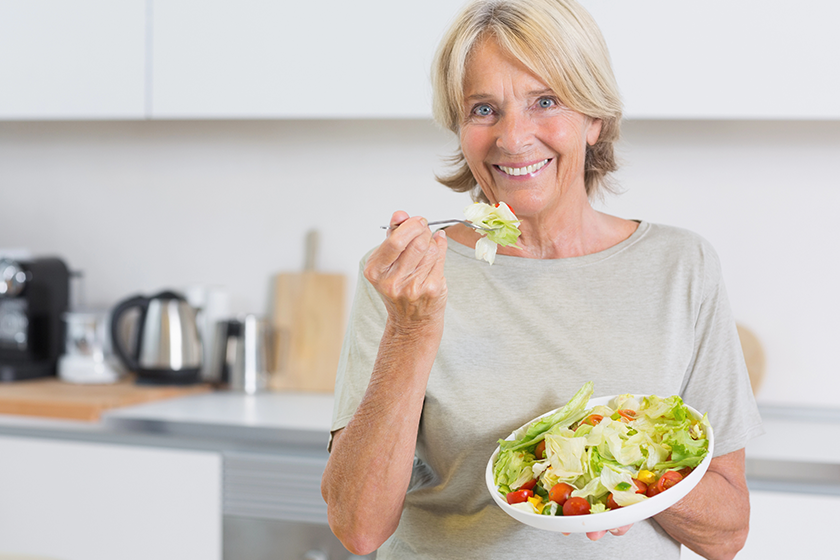Maintaining optimal health requires more than just physical activity; it also involves eating the right kinds of foods. For older adults, a well-balanced diet plays a vital role in increasing seniors’ energy levels and enhancing overall vitality. As our bodies change with age, the need for specific nutrients becomes more pronounced. Without the right meals, older adults can face fatigue, which can make daily activities feel overwhelming. That’s why tailored meal programs are so important in helping the elderly feel energized and more engaged in their day-to-day lives.
How Proper Nutrition Supports Energy in Seniors
Nutrition is a powerful tool for supporting energy levels. As people age, their metabolism naturally slows down, making it more challenging to maintain healthy energy levels. However, with the right nutritional balance, older adults can still maintain and even boost their vitality. Proper meal programs that emphasize nutrient-rich foods help maintain balanced blood sugar levels, promote healthy digestion, and improve sleep quality. All these factors contribute to a more consistent energy level throughout the day, allowing older adults to feel better equipped to enjoy their daily activities and social interactions.
The Impact of Meal Timing and Portion Control
In addition to the types of foods the elderly eat, meal timing and portion sizes also play a role in seniors’ energy levels. Eating smaller, more frequent meals throughout the day can help avoid energy dips caused by long gaps between meals. Large meals can lead to sluggishness and decreased energy, as the body expends too much energy on digestion. Smaller meals allow the body to use energy more efficiently, reducing fatigue and improving overall wellness.
Addressing Common Dietary Challenges for Seniors
As we age, we may face challenges that make it difficult to maintain a proper diet. Decreased appetite, dental problems, and limited mobility can make it hard for older adults to prepare balanced meals or eat enough of the right foods. Meal programs tailored to seniors can help address these issues. For instance, meals that are soft, easy to chew, and nutrient-dense can be offered to those with dental issues. Similarly, meal delivery services or community dining programs allow individuals who may have trouble with mobility to still enjoy healthy, home-cooked meals without the added stress of cooking or shopping for groceries.
Socialization and the Importance of Eating Together
A meal is more than just food; it’s an opportunity for social interaction. For many older adults, loneliness and isolation can contribute to poor nutrition and lower energy levels. Shared meal programs foster social connections, allowing the elderly to engage with one another while enjoying healthy meals. This social aspect of meal programs is just as important as the nutritional content, as it contributes to improved mental health and greater overall well-being. At retirement communities, communal dining is designed to encourage socialization and improve the quality of life of residents. These interactions can enhance mood, reduce feelings of loneliness, and, ultimately, boost energy levels.
Proper meal programs play a significant role in supporting seniors’ energy levels, enabling older adults to feel more vibrant and engaged in their daily lives. By focusing on nutrient-rich foods, appropriate meal timing, and social interaction, these programs help the elderly maintain a higher quality of life. The combination of good food, proper nutrition, and social connection can make all the difference in boosting energy and improving the well-being of older adults.







